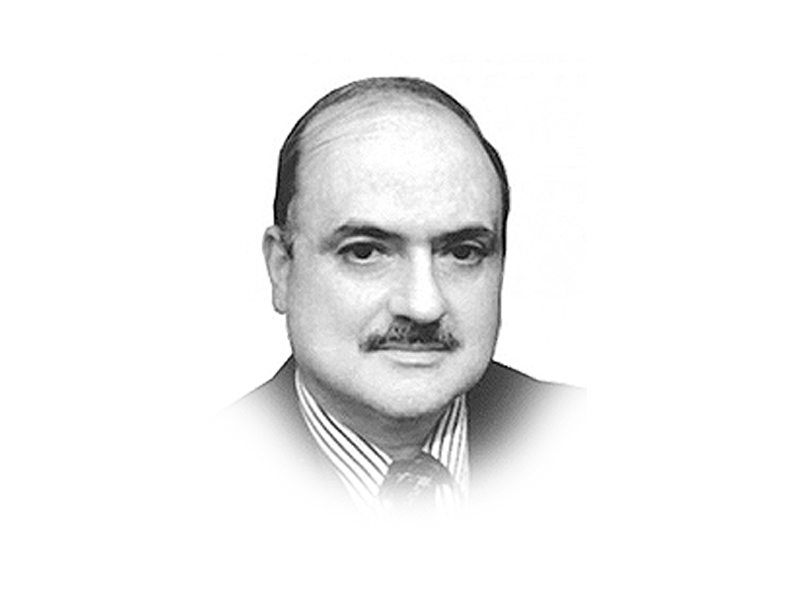
Some summers back, our intellectuals were feeling strongly about the state of health of the bilateral relations between this country and its ‘strategic ally.’ One could almost hear a collective sigh of relief each time a brand new ambassador was dispatched to Washington. Each ambassador commenced his/her tenure with an unsavoury exercise to spruce up his/her personal image in the home media. Where each may not have been entirely on the mark was in blowing out of all proportion the role of the ambassador in making — or marring — the relationship between the home and host governments. Let us face it; an ambassador’s role can be only as good — or as bad — as the input of his or her principal’s back home.
The effectiveness or otherwise of an envoy lies in how well — and how accurately — he or she conveys the instructions of his or her principals to the host government; as also in what manner he or she analyses — and reports to the former — the views of, and the prevailing mood in, the host country. This is where the art of diplomacy comes into the act. Unless the envoy concerned is conversant with diplomatic norms and practices, not only will his ministrations be in vain, but also his sojourn will become a liability for his own country. This regrettably has been the case with several of our ambassadors whose only qualification had been personal closeness with the powers that be at home.
The first lesson that a diplomat learns the hard way that it is not at all necessary nor, indeed, advisable for an envoy to overly love or admire the country he or she is accredited to. Quite the contrary, if an ambassador opts to lay his or her cards on the table in so far as relations with the host country are concerned, the battle is already half lost. The mark of a good envoy is to keep the host country guessing. It is not for an envoy to bend over backwards to further the interests of the host country. His bounden duty is to protect the interest of his own country above all else.
A casual look over the shoulder shows that some of our ambassadors have outdone their principals in proving their credentials vis-à-vis the countries of their accreditation. Several succumb to this temptation on appointment, with the result that their reporting is biased and in lavish praise of the country of their posting. The abiding lesson for an envoy to learn is never to be too indulgent towards the host state. If anything, it pays to be a bit wary about the intentions of the country he or she is accredited to. In fact, it would be advisable to develop a virtual love-hate relationship with the host state.
Simulation and dissimulation are qualities that can serve an envoy well. Though one would be the last to advise an ambassador to tell a deliberate lie, there would appear to be little harm if he or she were to withhold the truth every now and then in the interest of his own country. Lest one forgets, diplomacy is a mysterious art, not always easy to define nor, indeed, fathom.
Published in The Express Tribune, October 20th, 2018.
Like Opinion & Editorial on Facebook, follow @ETOpEd on Twitter to receive all updates on all our daily pieces.













COMMENTS
Comments are moderated and generally will be posted if they are on-topic and not abusive.
For more information, please see our Comments FAQ